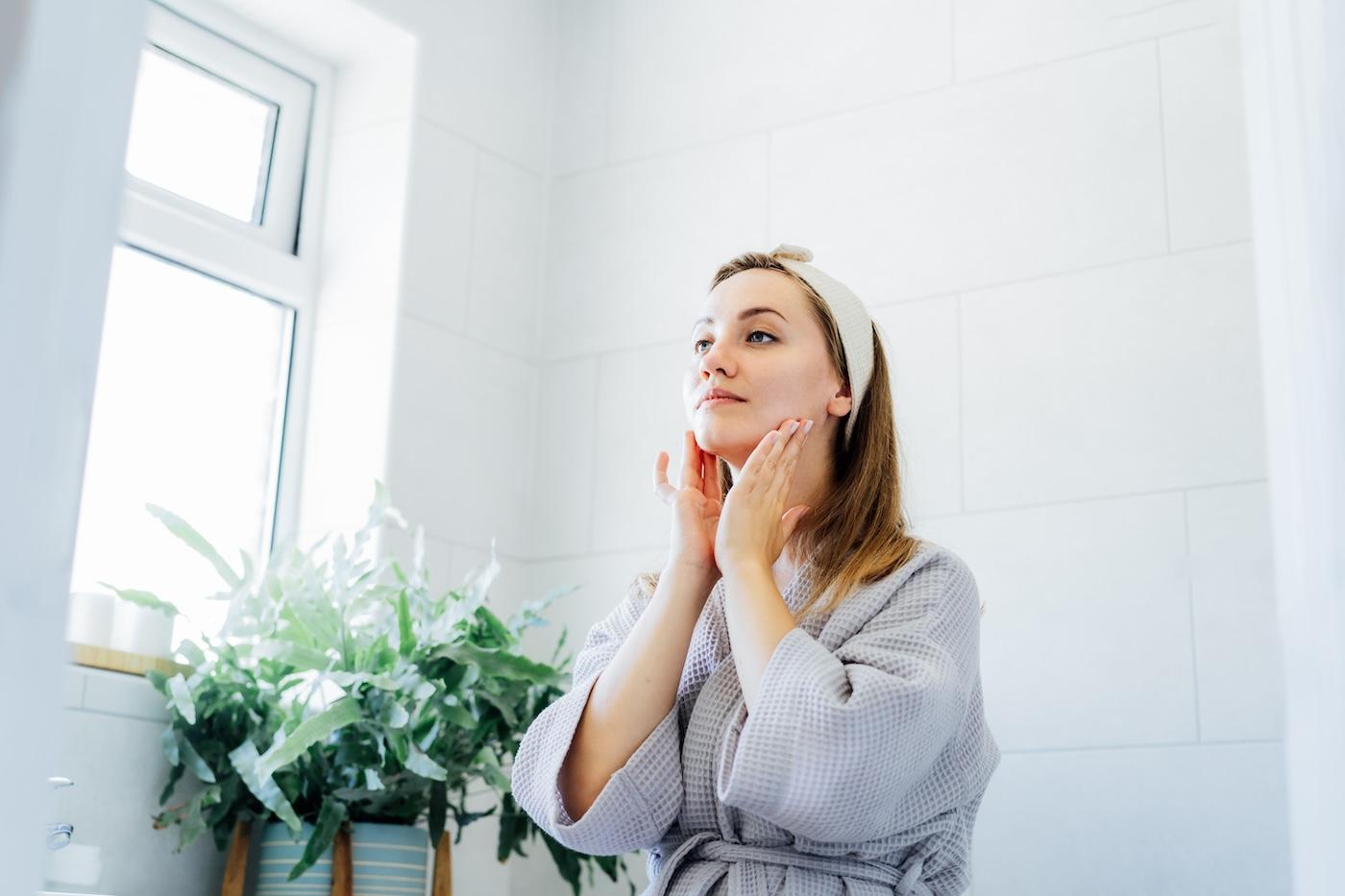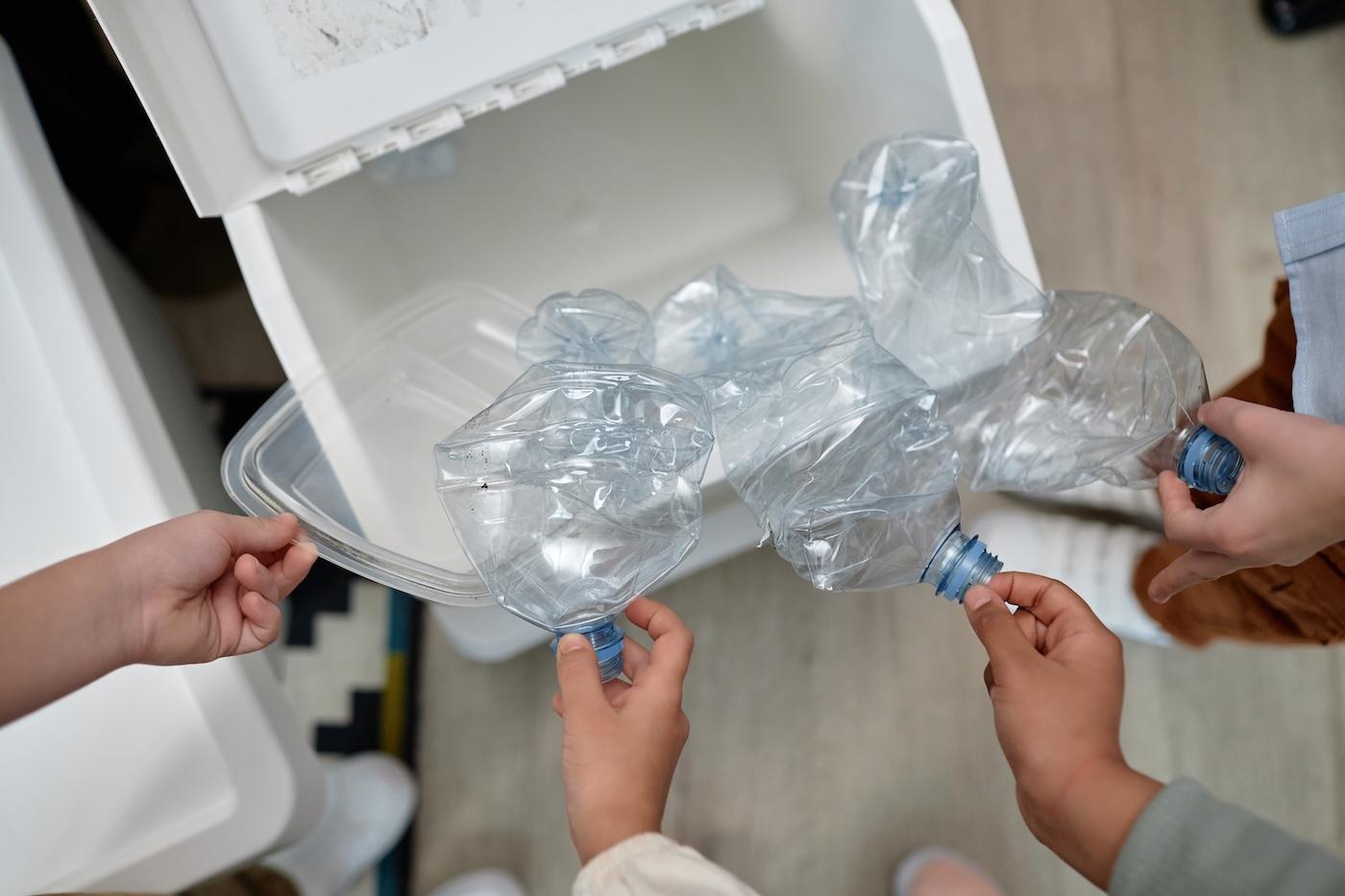PARENTS
Improving Black Maternal Health, One Download at a Time
Doula Simmone Taitt founded Poppy Seed Health with one goal: To help all birthing people get the pregnancy and postpartum care they deserve.

Written by
Happiest Baby Staff

When Simmone Taitt found out that she lost her first pregnancy, she was left in the doctor’s office, devastated, confused, and 100% alone. She went home with none of the support she so needed—and it was within that heart wrenching aftermath that Taitt understood that there had to be a better way. First, she set her sights on becoming a birth and full spectrum doula, so she could provide the physical, emotional, and informational support to pregnant and birthing people that she yearned for. In addition, Taitt made sure her training also focused on reproductive rights and birth justice, which zeros in on pregnancy-related healthcare inequalities in BIPOC communities. As a Black and Indian woman, this was especially important to her. Next, Taitt used the total of her lived and learned experience to start Poppy Seed Health, an on-demand advocacy app, offering 24/7 pregnancy and postpartum emotional and wellbeing support for all birthing people. Today, Poppy Seed is a burgeoning toddler at 2 years old with a diverse and vast network of birthing experts helping folks just like Taitt every day.
We applaud Taitt for all she does to improve the care that birthing people deserve. And, in honor of this year’s Black Maternal Health Week, we asked her to share her thoughts on the state of Black maternal health today. Here’s what she had to say.
Happiest Baby: As Black woman and a doula, what have you observed firsthand regarding the disparities in Black maternal health?Simmone Taitt: I became a doula after my first pregnancy loss and experiencing the gaps in maternal healthcare firsthand. I left my doctor's appointment with no medical, emotional, or mental health resources, which was shocking to me.
I didn’t know then what I know now, and that is: Black women are 3 to 5 times more likely to die from preventable pregnancy-related deaths [than their white counterparts].
I was called to this work because women—who look just like me—deserve access to the best care. And that care includes safety, trust, and elevates bodily autonomy. It’s a privilege to support my clients; to help them achieve the kind of care I wish I had for myself.
HB: Can you share how Poppy Seed Health helps support Black birthing people?ST: Poppy Seed Health connects birthing folks with advocates in 90 seconds or less who can support them with their emotional and mental health needs. By leveraging the power of technology, we can reach more people 24/7, and we’ve removed the barriers to access [this kind of] support.
Implicit bias and racial disparities are real in healthcare and have historical roots. Ultimately, we believe that access to the largest network of advocates at Poppy is a significant part of our future for improving outcomes for reproductive and maternal healthcare.
HB: Research shows that Black birthing people of color face increased barriers to care, including a lack of access to culturally appropriate care. Why is culturally appropriate care so important to Black maternal health?ST: The data shows that better health outcomes happen with providers who offer culturally appropriate care—and that’s because there’s empathy. Empathy is what we strive to deliver at scale. At Poppy Seed Health more than 50% of our advocate network identify as BIPOC and can deliver culturally appropriate care. However, we are not one dimensional and we know that supporting birthing people at the intersectionality of who we are is equally important.
HB: Even though most pregnancy-related deaths are preventable, maternal mortality rates in America are far higher than those in similarly wealthy countries—and people of color are at the most risk. What’s currently being done to turn the tide for Black birthing people? ST: Pregnancy-related deaths in the U.S. haven't happened overnight. Our rates have been increasing steadily for decades and disproportionately affect Black birthing people and families. There are solutions that span the landscape—from technology to health insurance—tackling this crisis. There isn’t one answer to this crisis. However, the most important focus is coming from within the community, and we need to put more attention there to find the answers.
HB: Why do we need Black Maternal Health Week?ST: Black mamas and birthing people deserve to experience our births freely, safely, and joyfully. Black Maternal Health Week was created by Black Mamas Matter Alliance in 2018 to bring attention to the health disparities of Black women and birthing people and to bring an end to the mortality rates globally. We need this week to amplify the voices and lived experiences of Black mamas and birthing people so that we can work together to put an end to this crisis.
More on the Power of Doulas:
Disclaimer: The information on our site is NOT medical advice for any specific person or condition. It is only meant as general information. If you have any medical questions and concerns about your child or yourself, please contact your health provider.
SHARE THIS ARTICLE
MOST LOVED
Sleepytime Sidekicks












